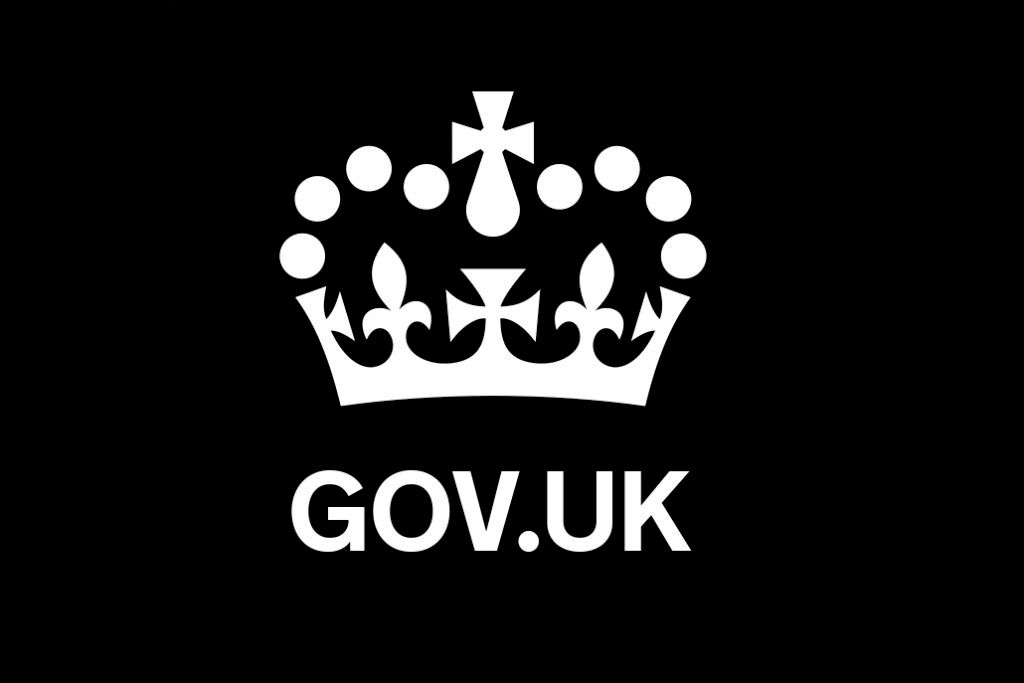Covid-19 was Downgraded as a Highly Infectious Disease in March 2020

There are still people who do not know that the 2019 Coronavirus season was downgraded to the annual “flu” threat back in March 2020 during the first lockdown.
The official gov.uk website's guidance on infectious disease still reads:
“As of 19 March 2020, COVID-19 is no longer considered to be a high consequence infectious disease (HCID) in the UK. Now that more is known about COVID-19, the public health bodies in the UK have reviewed the most up to date information about COVID-19 against the UK HCID criteria.
They have determined that several features have now changed; in particular, more information is available about mortality rates (low overall), and there is now greater clinical awareness and a specific and sensitive laboratory test, the availability of which continues to increase.”
A couple of days after this decision, the UK Government introduced lockdowns and introduced the most oppressive Bill in British Parliamentary history. The Emergency Bill, some 358 pages long, gave the Government and the police unprecedented powers.
Public meetings and elections were banned and there were new powers relating to 'restrictions on use and disclosure of information'.
